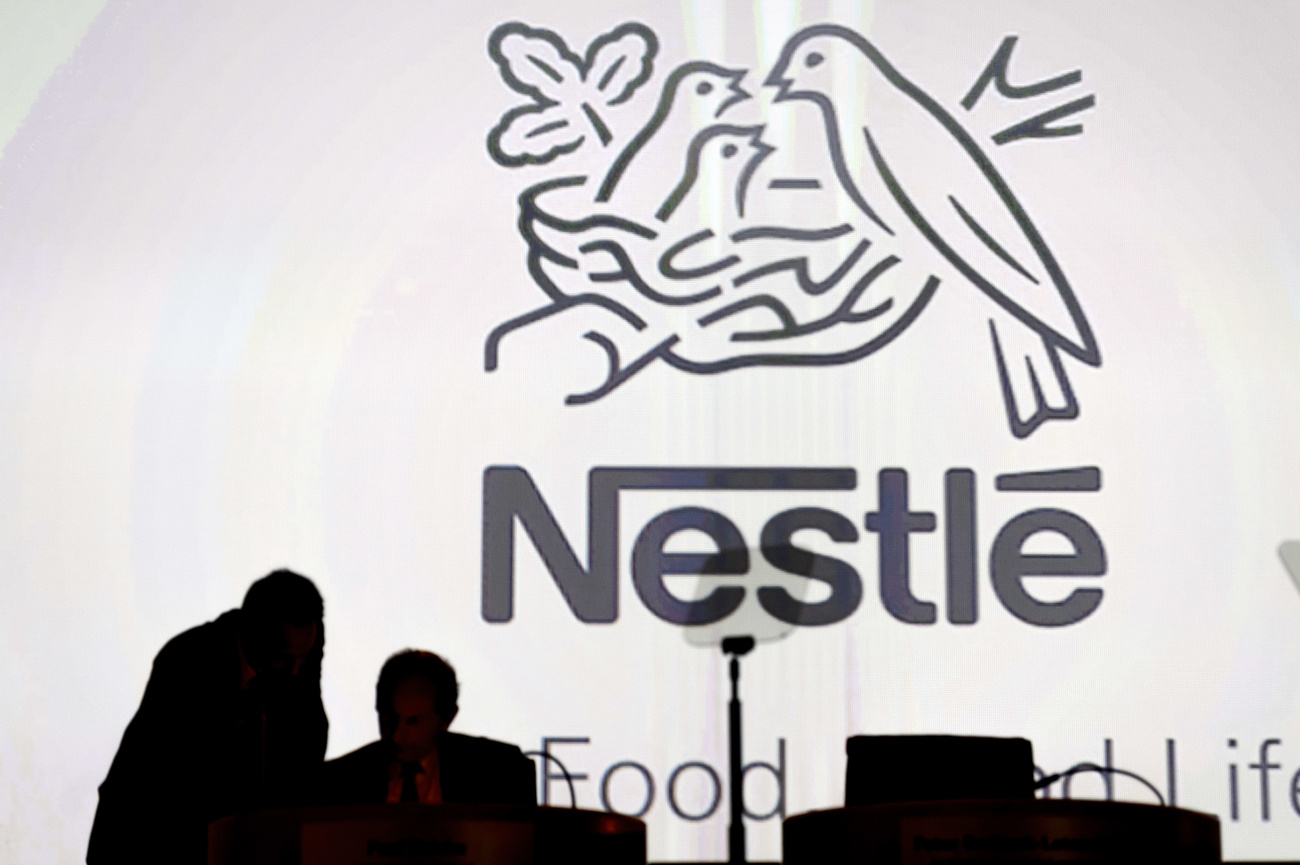
Nestlé shareholders call on food giant to reduce reliance on unhealthy products

Groups including Legal & General are among those pushing for stricter health targets at the world’s biggest food company.
A group of Nestlé shareholders has filed a resolution ahead of its annual meeting next month demanding the world’s biggest food company reduce its reliance on unhealthy products and arguing that the health target it has introduced is insufficient.

Institutional investors with a combined $1.68 trillion (CHF1.48 trillion) in assets under management have asked the maker of KitKats and Quality Street to set an internationally recognised target to reduce the proportion of sales it makes from unhealthy goods, citing regulatory and reputational risks, and growing public health concerns.
“As Nestlé has consistently failed to set out how it will shift the balance of its sales towards healthier food options, concerned investors have been left with no option but to bring forward a resolution at the company’s AGM in April,” said ShareAction chief executive Catherine Howarth, the responsible investment non-profit that is coordinating the call.

More
Nestlé says less than half of its mainstream food and drinks are considered ‘healthy’
Last year Nestlé announced new health targets, pledging to increase sales of “more nutritious” products by 2030 by 50%.
The shareholders, however, are calling for Nestlé to increase the proportion of total healthy food sales, which would lead to a shift away from sales of unhealthy products. They added that the sales target was in line with the company’s overall growth targets and would therefore not reduce the sale of unhealthy products.
They added that the company’s target includes products with no nutritional value such as coffee, meaning “Nestlé could achieve its health target simply by selling more coffee”, and goods from its specialised nutrition portfolio, which includes products such as baby food.
“They’ve included specialised nutrition in their target and that’s a problem for us,” said Maria Larsson Ortino, senior global ESG manager at Legal & General Investment Management. “They are playing around a bit in the grey area.”
Health Star Rating
LGIM and other shareholders, including Candriam and asset manager La Francaise, are urging the company to implement internationally accepted standards, “rather than deviating from credible guidelines”.
Nestlé uses the widely used Health Star Rating (HSR), which was founded by the Australian government and is used for front-of-pack labelling in some countries, as well as by the Access to Nutrition Initiative (ATNI), which benchmarks the food and drink industry health disclosures.
Nestlé revealed in its annual report for 2023 that 38% of net sales, excluding products such as pet food, baby food, vitamins and medical nutrition, were rated higher than 3.5 under the HSR system, meaning they are considered “healthy”. This was up from 37% in 2022.

More
Nutrition ranking exposes hollow claims of global food companies
Investors co-ordinated by ShareAction started to call on food companies such as Nestlé, Unilever and Kraft Heinz to improve the health of their portfolios as a result of the clear link between bad diets and chronic health conditions such as heart disease and obesity.
“LGIM believes that healthcare costs and decreased productivity have significant negative consequences on our clients’ assets across multiple sectors,” said Larsson Ortino, adding that the group’s engagement with Nestlé had reached an “impasse”.
“All food companies, especially the largest ones like Nestlé, should set time-bound targets which increase the overall proportion of sales derived healthier products,” said Greg Garrett of the Access to Nutrition Initiative (ATNI).
A spokesperson for Nestlé said it disagreed with ShareAction’s decision and that the shareholders were “targeting the wrong company”, arguing that the food giant was one of the first to reveal the nutritional value of its entire portfolio and that it had worked for decades to adjust its portfolio to be healthier.
“We disagree with the notion that we should aim to limit growth in specific areas of our portfolio,” they said. “A proportional target would require us to weaken valuable parts of our portfolio and create opportunities for competitors without yielding public health benefits.”
Copyright The Financial Times Limited 2024

In compliance with the JTI standards
More: SWI swissinfo.ch certified by the Journalism Trust Initiative
















![The four-metre-long painting "Sonntag der Bergbauern" [Sunday of the Mountain Farmers, 1923-24/26] had to be removed by a crane from the German Chancellery in Berlin for the exhibition in Bern.](https://www.swissinfo.ch/content/wp-content/uploads/sites/13/2025/12/01_Pressebild_KirchnerxKirchner.jpg?ver=bb19e376)














You can find an overview of ongoing debates with our journalists here . Please join us!
If you want to start a conversation about a topic raised in this article or want to report factual errors, email us at english@swissinfo.ch.